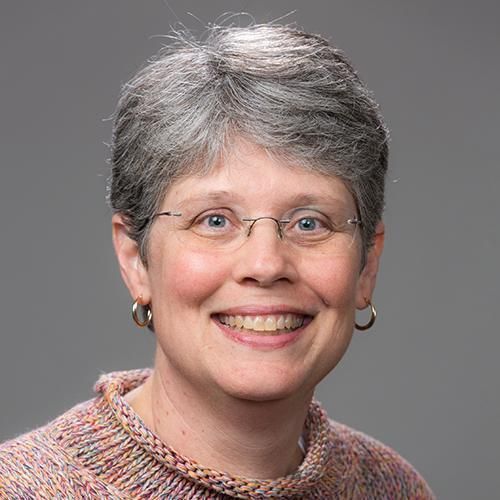Over 300 attendees joined us for three days of inspiring presentations and engaging discussions at the 2024 Emerging Pedagogies Summit, which explored the theme of Designing and Scaling Transformative Learning For All. Through their work with lifelong learners, LILE staff regularly engage with both the challenges and opportunities these emerging pedagogies present. In this series of Summit reflections, they share with you their major takeaways from each session.
One of the last sessions of the Emerging Pedagogies Summit focused on “Experiential Learning Throughout the Curriculum.” Ed Balleisen, the Vice Provost for Interdisciplinary Studies, led a panel discussion with three practitioners: Jenifer Hamil-Luker, Associate Professor of the Practice of Sociology; Ryke Longest, John H. Adams Clinical Professor of Law; and Ann Saterbak, Professor of the Practice in the Department of Biomedical Engineering. The panelists shared their practice of experiential learning with various formats and audiences, ranging from semester-long courses to year-long programs, and from freshmen to graduate students with professional experience.

Ed Balleisen
Vice Provost for Interdisciplinary Studies
Moderator

Jenifer Hamil-Luker
Associate Professor of the Practice of Sociology

Ryke Longest
John H. Adams Clinical Professor of Law, Duke Law

Ann Saterbak
Professor of the Practice in the Department of Biomedical Engineering
When discussing how to facilitate effective team work, usually a key component of experiential learning, panelists offered many practical suggestions. These included surveying students about their work styles and expectations, providing teamwork training, and offering frequent support. I was particularly impressed by the suggestion to give students challenging problems that require them to depend on each other rather than working individually. This focus on fostering interdependence led me to reflect on the difference between cooperative learning and collaborative learning. While both involve group work and mutual assistance, cooperative learning emphasizes interdependence and a shared learning goal within the student group. In experiential learning, where tasks mimic real-world, multi-disciplinary challenges, the interdependence is crucial for effective peer learning.
Meanwhile, students’ individual effort and independence are also important. For freshman engineering experiential learning, Hamil-Luker sets individual milestones to ensure that students feel their personal effort matters, which is a great way to promote individual accountability. Longest suggested having individual reflection points, allowing students to review their work and develop metacognitive skills. This approach greatly inspires my work as a teaching consultant. When providing consultations or workshops to instructors on enhancing student work, it’s essential to emphasize the balance between individual independence and group interdependence, fostering an inclusive community and maximizing learning gains.
Microsoft Copilot was used to review and improve the word-choice for an early draft of this blog post.

